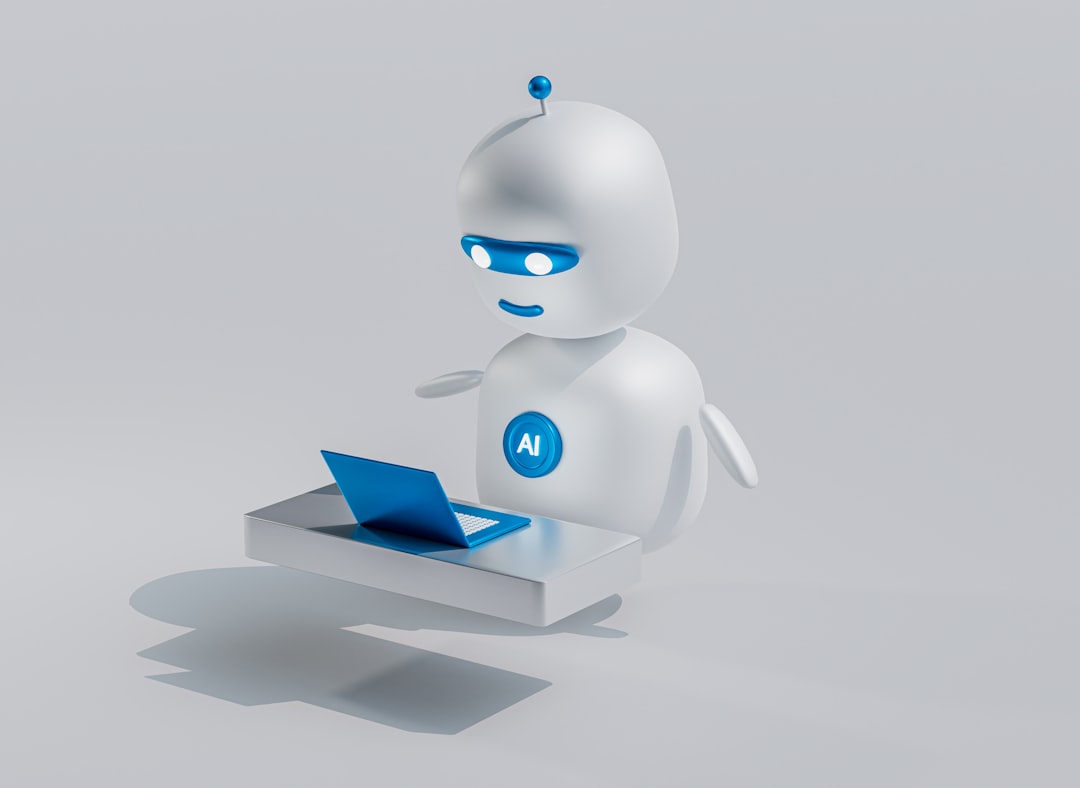In today’s digital age, building a website is no longer a task only developers can accomplish. Thanks to the rapid advancement of artificial intelligence, even complete beginners can now create a fully automated website with minimal technical knowledge. AI-powered tools not only simplify the web development process but also automate various aspects of site management, content generation, and user interaction. This guide walks you through the essential steps to create your own AI-powered website from scratch.
Step 1: Define Your Website’s Purpose
The first step is understanding what you want your website to achieve. Will it be a blog, an online portfolio, an e-commerce store, or a landing page for your services? Defining the purpose helps you choose the right AI tools and features. Answer questions like:
- Who is your target audience?
- What kind of content will be uploaded regularly?
- What actions do you want visitors to take?
Step 2: Choose an AI Website Builder
Several platforms now offer AI-assisted web development features that make building a site extremely simple. These include:
- Wix ADI (Artificial Design Intelligence): Asks a few basic questions and generates a complete site for you.
- Hostinger Website Builder: Offers AI-driven templates and branding tools.
- Zyro: Has AI text generation and layout creation tools built-in.
Many of these tools allow you to create a responsive, functional site within minutes, making them ideal for beginners.

Step 3: Automate Content Creation
Once your basic site is live, it’s time to fill it with content. Instead of writing everything yourself, you can use AI content generators like ChatGPT, Jasper, or Copy.ai. These tools can generate blog posts, product descriptions, FAQs, and even marketing copy in a matter of seconds.
Here’s how to use AI effectively for content:
- Generate initial drafts and then fine-tune the tone and voice.
- Use AI image generators like DALL·E or Canva’s Magic Design to create visuals.
- Automate meta descriptions and SEO optimization using tools like SurferSEO or NeuronWriter.
Step 4: Add Smart Features
To enhance user experience and automate communication, integrate smart features such as:
- AI Chatbots: Tools like Tidio or Intercom offer easy integration of chat support powered by AI.
- Personalized Recommendations: Display content or products tailored to each user’s behavior using tools like Dynamic Yield.
- Email Automation: AI tools like Mailchimp or MailerLite can handle email marketing with customized content based on user behavior.

Step 5: Monitor and Improve With AI Analytics
Launching your website is just the beginning. AI-powered analytics tools help you monitor performance and make smart improvements:
- Google Analytics + GA4: Offers predictive insights powered by machine learning.
- Hotjar: Provides behavior analysis through heatmaps and session recordings.
- PaveAI: Turns analytics data into actionable goals and suggestions.
Once installed, these tools help you learn what’s working and what’s not — completely automated!
Step 6: Ensure Security and Scalability
AI also supports website security and growth. Cloud-based platforms like Cloudflare offer AI-driven threat detection, while hosting providers like Kinsta and SiteGround offer AI-based uptime monitoring and scaling solutions. These tools ensure your website stays secure and performs well as traffic grows.
Final Thoughts
Building a fully automated AI website isn’t just possible for beginners — it’s easier than ever. With intuitive tools and AI at your side, you can launch a responsive, secure, and dynamic site that works for you 24/7. Whether you’re showcasing your portfolio or setting up an automated store, AI is the key to building smarter, not harder.
Frequently Asked Questions (FAQ)
- Q: Do I need to know how to code to use these AI website builders?
A: No, most AI website builders require zero coding knowledge. They use drag-and-drop interfaces and guided setup. - Q: Can AI generate original content for my site?
A: Yes, AI tools like ChatGPT and Jasper can create blog posts, product descriptions, and digital copy automatically. - Q: Will search engines rank my AI-generated website content?
A: If optimized for SEO and checked for quality, AI-generated content can rank just like human-written content. Use SEO tools to ensure best practices. - Q: How do I keep my AI website secure?
A: Use secure hosting providers and integrate AI-based security services like Cloudflare for monitoring and threat protection. - Q: Is it expensive to run an AI-powered website?
A: Not necessarily. Many AI tools offer free tiers or affordable monthly plans, especially for new or small websites.
